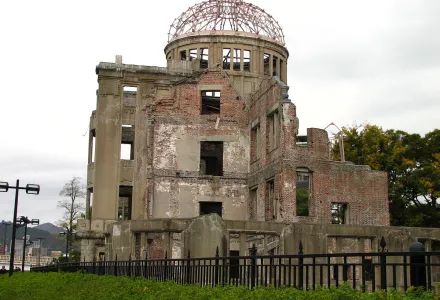The History and Future of Nuclear Nonproliferation in Japan
A seminar with Ambassador Nobuyasu Abe, Senior Fellow with the Project on Managing the Atom.
A seminar with Ambassador Nobuyasu Abe, Senior Fellow with the Project on Managing the Atom.

Ambassador Nobuyasu Abe looks back into the origin of the strong nuclear aversion in Japan that culminated in the Three Non-nuclear Principles of Japan. The Nuclear Non-proliferation Treaty, the ratification of which was not a simple matter, became firmly rooted in the Japanese body politics. Japan is now an important supporter of the international nuclear non-proliferation efforts. Thus, even if North Korea firmly establishes itself as a de facto nuclear weapon state, it does not follow automatically that Japan will seek nuclear weapons for itself. The speaker will suggest an alternative response for Japan and more active engagement of Japan in so many of the world’s proliferation issues.
Nobuyasu Abe is a senior fellow with the Project on Managing the Atom. His areas of interest include nuclear disarmament and nonproliferation, and civilian use of nuclear energy. Abe is a former UN Under-Secretary-General for Disarmament Affairs and a former Commissioner of the Japan Atomic Energy Commission. He recently wrote on a Japanese perspective on the Nuclear Weapon Ban Treaty in Global Change, Peace & Security and on Japan’s dilemma over nuclear "No First Use" in the Journal for Peace and Nuclear Disarmament. He earned his B.A. from Amherst College.